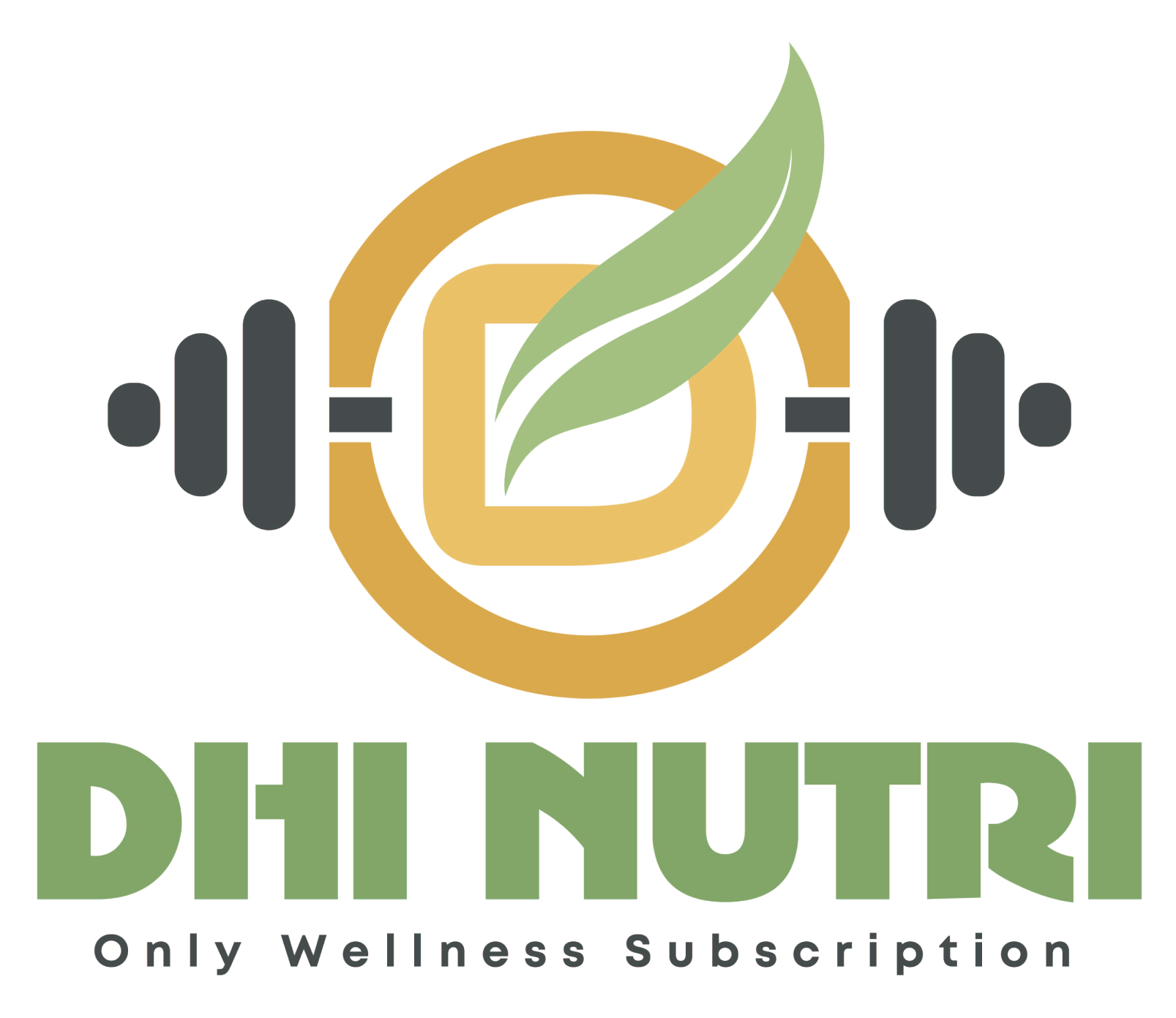Breastfeeding is a vital stage in a mother’s and infant’s life, and what a mother consumes can affect her milk quality. This article discusses how alcohol consumption can hinder the production of colostrum, the nutrient-rich first milk, and impact the health of nursing infants.

The Importance of Colostrum: Colostrum is the first milk produced by a mother after giving birth. It’s a thick, yellowish fluid that is rich in essential nutrients and antibodies.
Breastfeeding and Alcohol: The consumption of alcohol during lactation can have adverse effects on breastfeeding and the quality of breast milk. Alcohol can pass into breast milk, potentially affecting the infant.
Impact on Colostrum Production: Alcohol can interfere with the production of colostrum, leading to reduced milk supply during the crucial early days of breastfeeding.
Effects on Infants: Infants who consume breast milk with alcohol may experience drowsiness, decreased milk intake, and potentially impaired development. It’s advisable for nursing mothers to avoid alcohol or consume it in moderation.
Safe Breastfeeding Practices: Mothers who choose to drink alcohol should plan breastfeeding around their alcohol consumption to minimize its effects on their infants. Timing and moderation are key to ensuring the infant’s health and safety.
It’s essential for breastfeeding mothers to be aware of the impact of alcohol on their milk supply and their infant’s well-being. Open communication with healthcare professionals can provide guidance on safe practices while balancing breastfeeding and occasional alcohol consumption.

